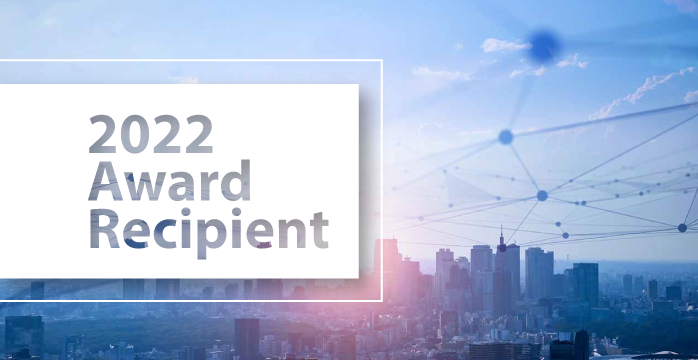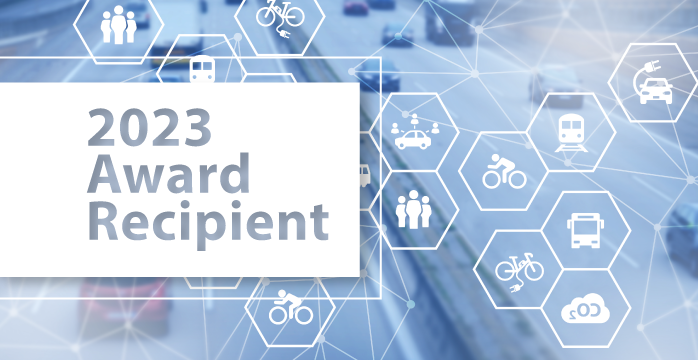Santa Clara, Calif. – April 7, 2019 – Today is World Health Day, and this year’s theme is “Universal Health Coverage: Everyone, Everywhere—#HealthforAll.” An important aspect of “Health for All” is the role of technology, particularly patient monitoring (PM), which helps patients have better outcomes and live longer, healthier lives, even when access to hospitals and clinics is challenging.
Patient monitoring has evolved from ad hoc to continuous monitoring of multiple parameters, causing a surge in the amount of unprocessed and unorganized data available to clinicians for decision-making. To extract actionable information from this data, healthcare providers are turning to big data analytics and other analysis solutions. Predictive analytics is becoming a particularly important technology, as it not only presents the current state of the patient’s health but also predicts future illnesses. The success of this technology, among many others, attracted $566.3 million in investments in 2018.
For further information on this analysis, please visit: http://frost.ly/3ba.
“As mHealth rapidly gains traction, wearables, telehealth, social media, and patient engagement are expected to find adoption among more than half of the population in developed economies by 2025,” said Sowmya Rajagopalan, Advanced Medical Technologies Global Director. “The patient monitoring market is expected to be worth more than $350 billion by 2025, as the focus is likely to move beyond device sales to solutions.”
Frost & Sullivan’s recent analysis, Patient Monitoring Industry—Analysis of Investment and Trends, 2018, offers an overview of the current investment trends and start-ups in select patient monitoring applications. It studies the future of patient monitoring across the continuum of care, the shifts in the market, and investment opportunities. It also presents the key disruptive technologies, application areas, drivers, restraints, as well as the top six Mega Trends.
“In the future, patient monitoring data will be combined with concurrent streams from numerous other sensors, as almost every life function will be monitored and its data captured and stored,” noted Rajagopalan. “The data explosion can be harnessed and employed through technologies such as Artificial Intelligence (AI), machine learning, etc., to deliver targeted, outcome-based therapies.”
In addition to these technologies, patient monitoring solution developers will look to incorporate disruptive technologies such as:
- Brain-computer interface (BCI): From treating and monitoring users with mobility or speech disabilities, BCI now monitors and measures health metrics for healthy people and uses the information to analyze a person’s psychological state or emotional, cognitive state.
- Wearables/Embedded/Biosensors: An increase in the chronic disease population and shift in focus from treatment to prevention drive this technology. Continuous glucose monitors, blood pressure monitors, pulse oximeters, and electrocardiogram monitors are some of the main applications.
- Smart Prosthetics/Smart Implants: These are crucial for patient management post-surgery or rehabilitation. They help in measuring the key parameters to support monitoring and early intervention to avoid readmission or complexities.
- Nano-robotics/Digital Medicine: Digital pills and nanorobots are designed to monitor medicine intake to address the expensive, long-standing issue of non-adherence.
- Advanced Materials/Smart Fabrics: This emerging field focuses on wound management, cardiac monitoring, and mental illness.
All these technologies and innovations are focused on providing real-time measurable value to the patient and healthcare institution. Future innovations will be aimed at mass personalization and availability.
Patient Monitoring Industry—Analysis of Investment and Trends, 2018 is part of Frost & Sullivan’s global Advanced Medical Technologies Growth Partnership Service program.
About Frost & Sullivan
For over five decades, Frost & Sullivan has become world-renowned for its role in helping investors, corporate leaders and governments navigate economic changes and identify disruptive technologies, Mega Trends, new business models and companies to action, resulting in a continuous flow of growth opportunities to drive future success. Contact us: Start the discussion.
Patient Monitoring Industry—Analysis of Investment and Trends, 2018
9AB9-48
Contact:
Mariana Fernandez
Corporate Communications
T: +1 210 348 10 12
T: +54 11 4778 3540




